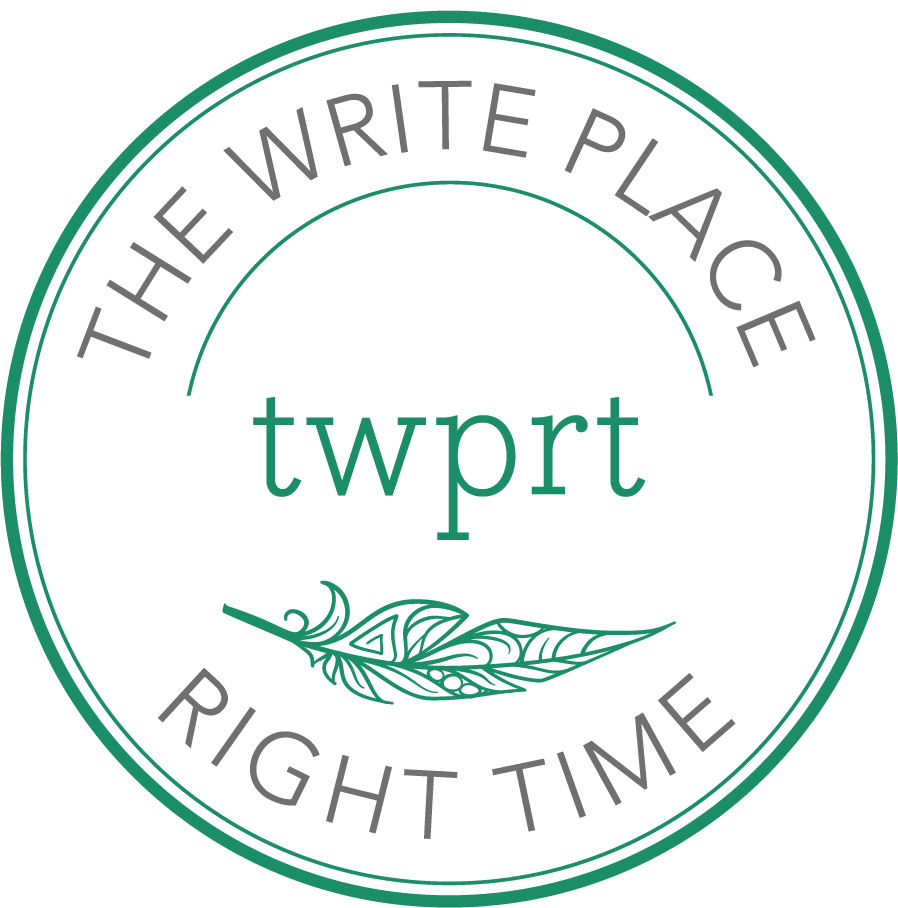
My mentor, Ally Berthiaume, has been a ghostwriter since 2018. In an episode of the podcast Living in the Next Chapter, she talks about her career. Ghostwriting has certain aspects many people don’t know about, and it affects Ally’s writing in ways people may not expect.
First of all, the thing about ghostwriting that brings Ally the most joy isn’t the book itself. It’s hearing and seeing people who are telling their stories that will go into the book. Ally acts as a mirror, reflecting the fact that her clients are stronger than they think they are and certain aspects of them are a result of what they've been through.
The second little-known aspect of Ally’s ghostwriting is how she learns what style to write her clients’ memoirs in. They talk about what they want to accomplish and the material they want to expose and the story they want to get out there. They outline the material in a way the reader would understand and then they draft and revise repeatedly.
Throughout the process, Ally finds out how her clients deliver material. If the client is reserved and intentional, that’s how the book will come across. If the client makes light of things, the book will reflect that. The clients usually know what kind of tone they want their books to have. They also keep in mind that different kinds of readers want different kinds of books, and the authors tend to have specific target audiences.

After telling her interviewer about the above aspect of ghostwriting, she described the difference between how she writes for herself and how she writes for others. Ally remembers more information when she writes for herself because she knows herself. Sometimes she has to try a little harder to remember a few things, but she usually remembers everything important. When Ally ghostwrites, she has to spend time with her clients and get to know them well before she can write from their perspective.
But even after she gets to know her clients, she can still not know certain things about them. Sometimes she has to ask her clients about certain details in the scenes she’s writing, like what the room looked like or what the client was wearing in a given moment. There’s a lot less nuance when it comes to writing sales and leadership books because Ally isn’t trying to develop characters. But she still needs to do a lot of research on the topic she’s writing about so it can sound like her client wrote the book.
An additional difference between writing for oneself and ghostwriting is the relationship between the author and the editor. When writing for oneself, an author finds an editor and they have a 1:1 relationship. When Ally ghostwrites, she finds a developmental editor when she has the time and budget. She does that because, by the time she and the author are ready for that, Ally can’t see the project objectively anymore. If Ally or the author disagrees with the editor, Ally or the author will say so. If the three of them agree, they will proceed with the suggested changes.
After talking about how she hires an editor, Ally talked about how long it takes for the books she ghostwrites to be published. She needs at least 12 months to work through a plan and a draft with an author. It can take longer when the manuscript is bigger, or when life happens and throws off the schedule. If the client isn’t sure what to communicate through the book, Ally and the client will need to conceptualize the book, which can elongate the process.
Despite all the differences between writing for oneself and ghostwriting, Ally feels that her ghostwriting has influenced how she writes for herself. She feels that she writes for herself more cleanly and efficiently because she’s always writing for other people. But now she has a difficult time sitting down and writing for herself, and she’s working on that.

To hear the full interview click here.
Miranda Wein is a student at Champlain College and an intern at The Write Place, Right Time. She is a Creative Writing major and is interested in careers that involve writing. She thinks her internship at The Write Place, Right Time will be helpful for her career in the future.

